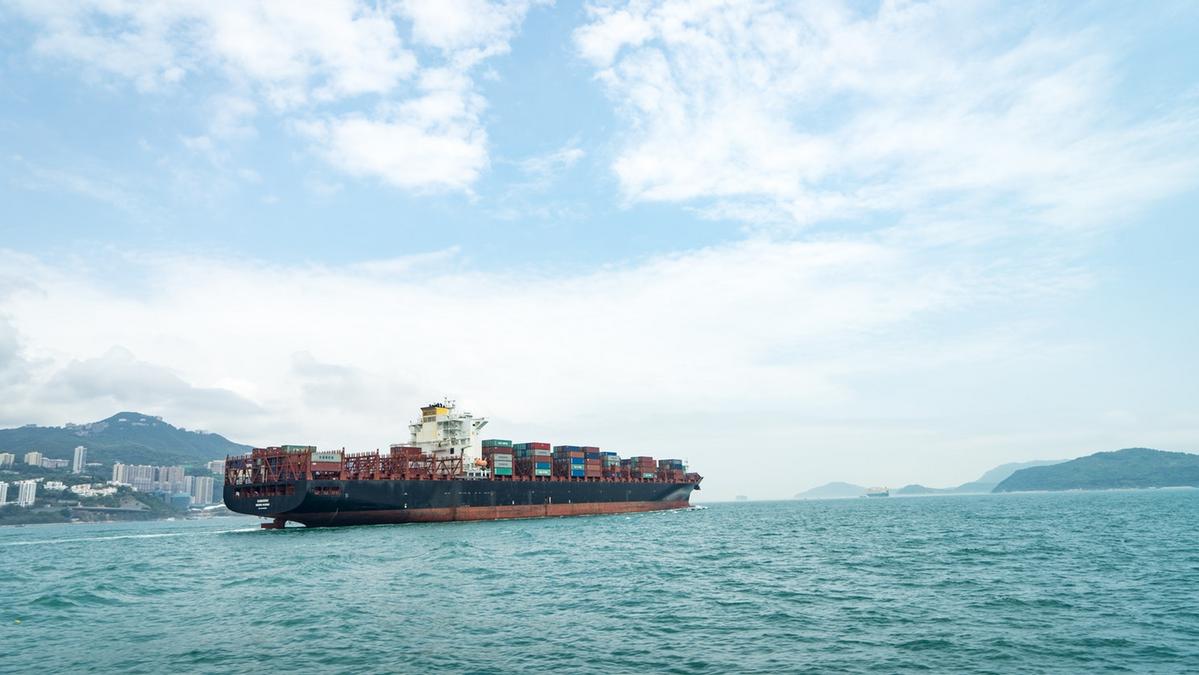Insurance BlogSunday, September 23 2018
ORLANDO, Fla.—With the sad news on how Hurricane Florence has affected the overall economy in the Carolinas, it is also important to understand how it affected the logistics of transportation in general. The storm interrupted tankers and barges that bring gasoline and diesel fuel into the area. About 62% of gas stations in Wilmington were without fuel Sept. 18. The Port of Wilmington is designated as a Foreign Trade Zone offering reduced, deferred or no import duty for the goods it handles. It is among the nation’s top 25 ports by TEU. The ports of Wilmington and Morehead City in North Carolina have reopened with restrictions to marine traffic after Florence, halting shipments of everything from fertilizer to textiles. Several major surrounding highways were flooded, limiting access to the coastal city and the port. The U.S. Coast Guard said Sept. 19 that both ports resumed service the evening of Sept. 18, with activity limited to daylight operations, among other restrictions. The port said Sept. 18 that it plans to resume truck operations Sept. 24. A number of very large companies down there have been impacted. A 2014 study showed that goods moving through Wilmington contributed about $12.9 billion annually to North Carolina’s economy while directly and indirectly supporting 73,000 jobs. In 2016, the port received nearly 1,500 ships totaling 5.4 million short tons of cargo. The biggest products it handles include nitrogenous fertilizer, pulp, and wastepaper, textile products, wheat, and gasoline, which account for about one-third of the total. The US Department of Transportation has established a Routing Assistance Hotline to support the movement of Federal, State, and local response personnel, equipment and goods during the Florence response efforts. The line is operated 24/7. The hotline number is 1-833-STORM18 (786-7618).
The following is the North Carolina Maritime Administration report on operations up to date.
|
Terms & Conditions | Copyright | Privacy Policy
© 2020 Florida Transportation Insurance
Insurance for Transportation Companies, Insurance for Public Transportartation, Transportation Insurance Florida
